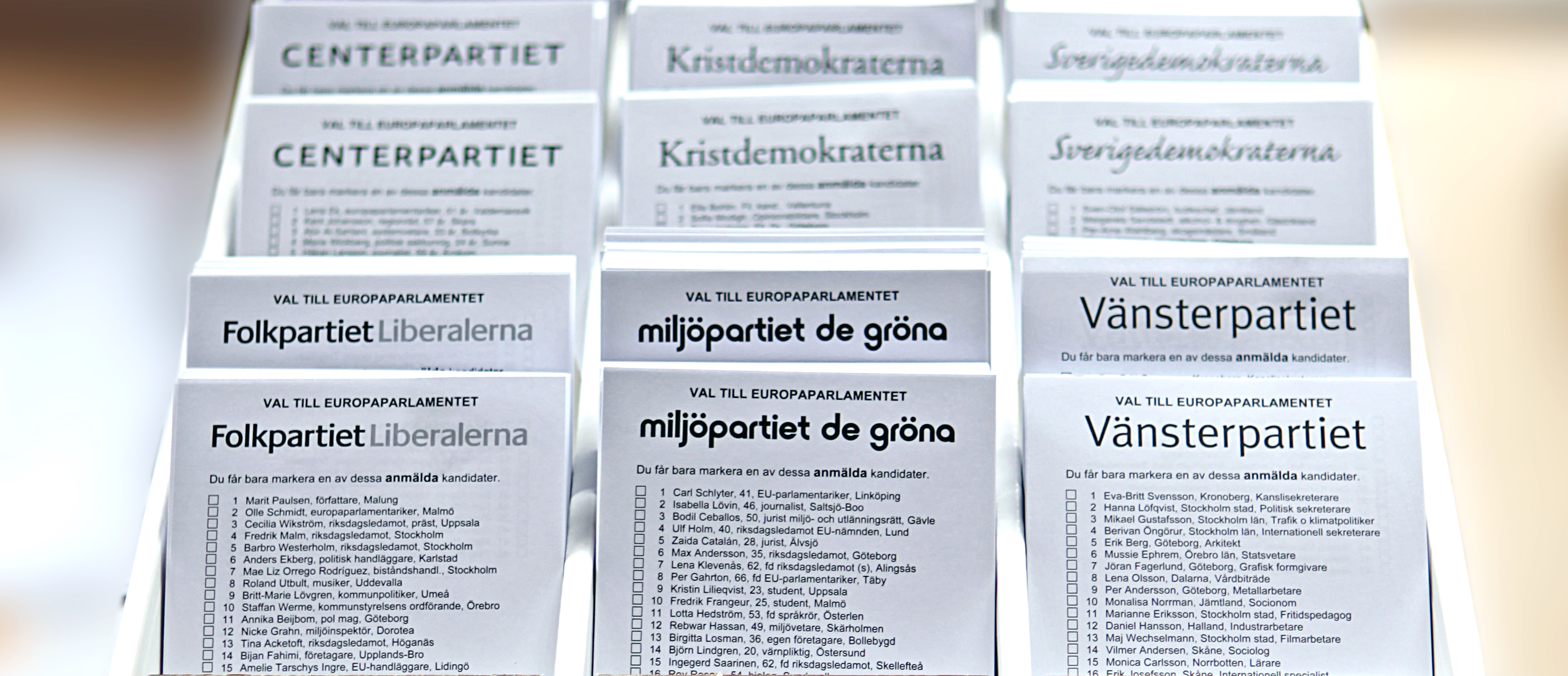Unprecedented snap election
Sweden's Prime Minister Stefan Löfven could not get agreement on next year's budget and in a bold move he called for a new election.
-

-
-
The news dropped like a bomb on November 3: Swedish Prime Minister Stefan Löfven announced there will be another election.
-
Just three months after voters last went to the polls, Sweden's coalition government could not come to an agreement with the majority opposition coalition regarding next year's budget.
"The government will campaign to seek re-election together with the Greens on the basis of the budget that just got defeated," Löfven told reporters. Lofven, who took office on October 3, will be the country's shortest-serving leader since the 1930s. He remains at his post until after the planned election but will have to govern according to the center-right budget proposition rather than his own government's — an occurrence without precedence in Swedish history. -
In the now defeated budget, Lofven’s Social Democrats and the Greens pushed for increased spending on welfare and jobs and pledged to maintain Sweden's liberal immigration laws, but it failed to get enough support because the Alliance wants more cautious spending, and the anti-immigration Sweden Democrats (SD) — who hold the balance of power in parliament — chose to support a rival budget from Sweden’s center-right opposition parties.
-
Neither the center-left nor the center-right want to collaborate with SD, however, given their known background in the extreme right and views on severely limited immigration.
-
According to Swedish law, the unprecedented follow-up election will take place on March 22, 2015. The government will announce on December 29 who will be on the ballot.
-
And now the country waits while some campaigning has already begun and other parties decide whether they can finance another campaign, or whether they have need and energy for a campaign. Fortunately, investors recognize this is political chaos and not economic. Sweden has continued to trade high against the euro, even after Prime Minister Stefan Lofven called for the snap election.
-
The largest opposition party, the Moderates, may face the next election without its two biggest profiles, Reinfeldt and former Finance Minister Anders Borg, but the larger parties — the Social Democrats and the Moderates — are more likely to gain in a situation like this, anyway. “Voters are likely to rally behind one of the bigger parties in an attempt to produce a stable government,” said Jenny Madestam, a political scientist at Stockholm University.
-
The third largest party, the Sweden Democrats, won 13 percent of the votes in the general election on a pledge to reduce immigration by 50 percent. They have pushed for the new election to be "a referendum on immigration," but the other main political blocs have already denied the idea. Sweden, a country of about 10 million people, is forecasted to expect 95,000 asylum seekers next year, which would exceed the previous record of 84,000 in 1992 during the wars in the former Yugoslavia.
-
Sweden has a long history of stable governments, which the Social Democrats have led since World War II as one of two main blocs — the other a center-right coalition.
-
-
